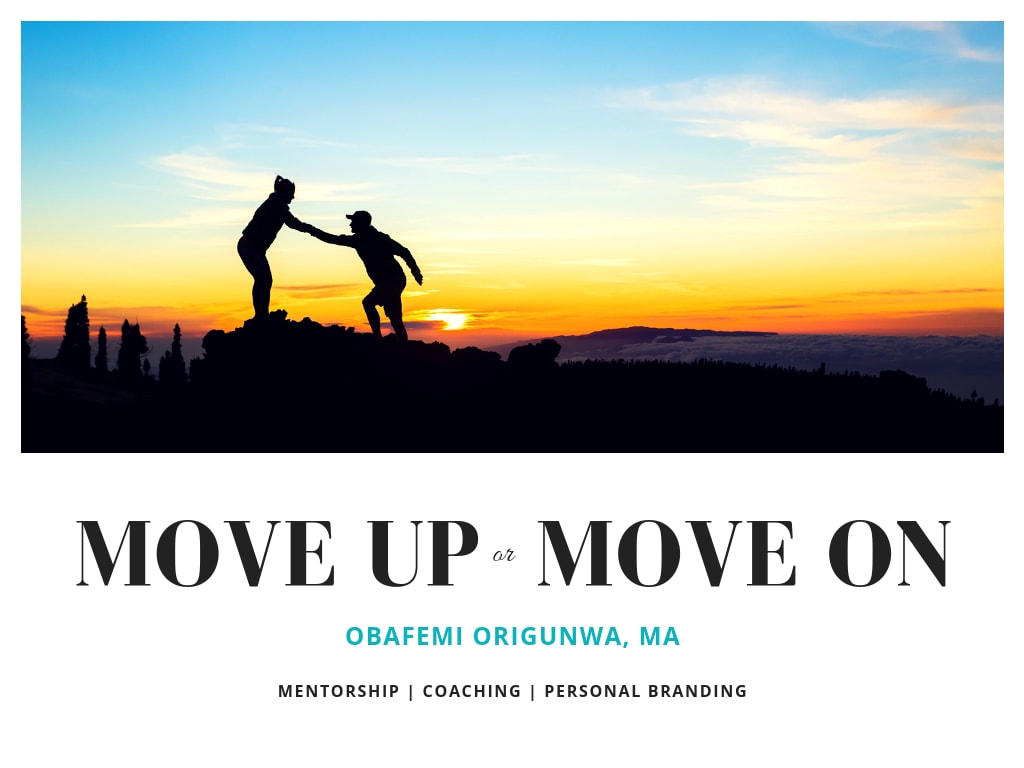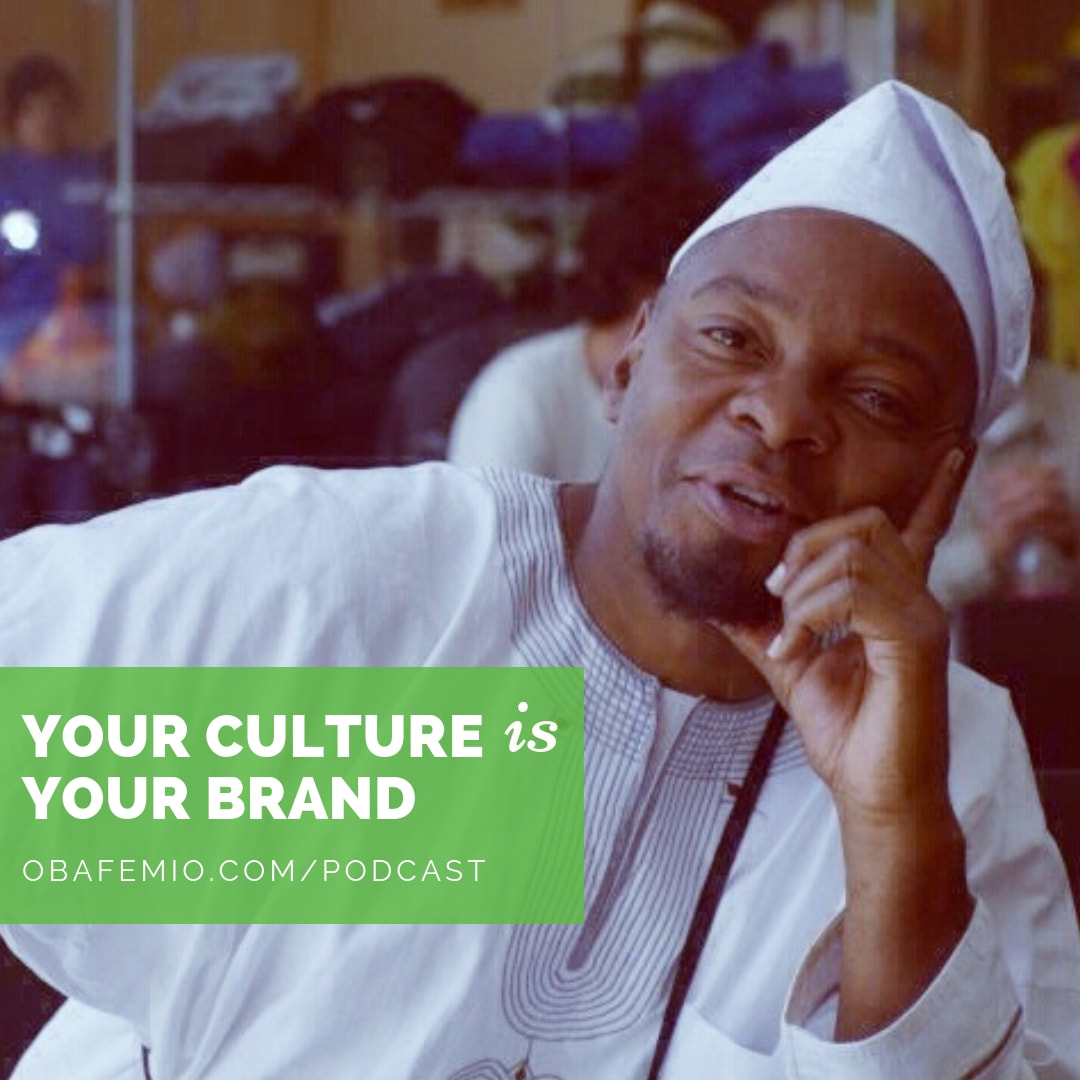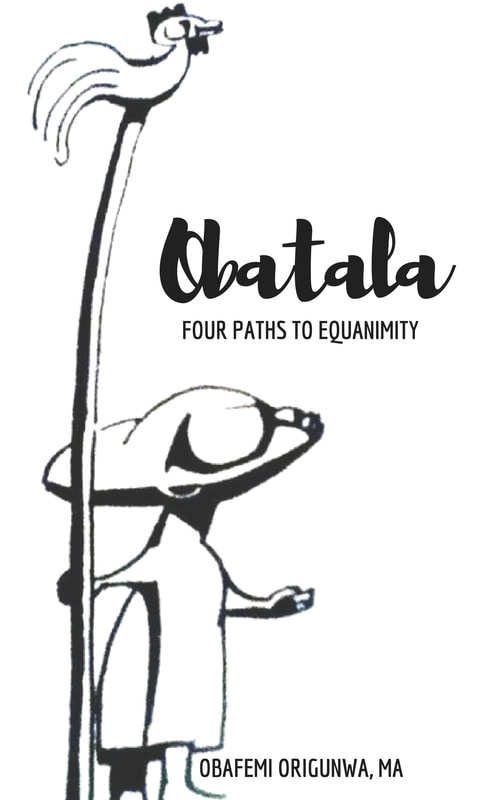|
My mother tried to warn me... "Son, the most dangerous and feared person in the world is a well-spoken Black man." She was absolutely right. I'll never forget the time, when I was in graduate school. It was an introductory counseling class, taught by a liberal white man. After listening to him repeatedly make blanket statements and generalizations about the human experience, I started to raise questions and engage in conversations that openly, but respectfully challenged his assumptions.
One day, he mentioned something about overcoming cultural superstition in mental health. Naturally, I pointed out the fact that what one group calls science is superstition to another. A Canadian student chimed in, "What wold you say to a farmer in Ethiopia, whose crops are failing due to drought but refuses to leave the place because he BELIEVES that it has something to do with the gods or his ancestors?" He and the professor both looked at me with absolute certainty that I would agree with their position... I did not! I responded, "Ethiopians are among the oldest people on the planet, with an ancient civilization. I would encourage him to continue with his rituals - which have evidently worked for tens of thousands of years. But I would also encourage him to investigate what has happened more recently to now interrupt the success his people have had for so many generations... The problem may not be spiritual, or psychological at all. It might be colonial! He might need to keep his goods and keep his land, but get rid of the Europeans." They promptly changed the subject. Later on, however, I experienced what I call an academic court marshall, wherein this same professor brought me before the department chair, the graduate coordinator and my advisor. The professor started off with his complaint about me: "He can't be taught! He thinks he has an answer for everything... I haven't heard ideas articulated like that since Frantz Fanon." I looked at my advisor, who had wisely instructed me to allow him to do all the talking. Once the ordeal was done, my advisor did told me, "Don't worry about it. To be honest, it's not your fault. You heard what he said, right? Reading about it isn't the same as coming face to face with it. As a department, we weren't ready for a student like you. THAT'S the problem. This won't be the last time you'll have an experience like this so you need to think about what you're going to do next, what you want your next move to be." He was telling me to make up my mind about moving up or moving on. In his groundbreaking book, Rage of a Privileged Class, Ellis Cose goes into exceptional detail about African American professionals who have climbed the corporate ladder, only to discover even greater degrees of discrimination and alienation. "Blacks with a household income of $50,000... on average, appeared to be more alienated than poorer Blacks... But even many who admit the legitimacy of the complaints will be disinclined to care. For the problems of the Black middle class, they will argue, pale in comparison with those of the underclass, the group that truly deserves our attention. " (Page 7-8) Case in point, the FBI's newly-created Black Identity Extremist designation. A 12-page report, prepared by the F.B.I. Domestic Terrorism Analysis Unit in August 2016... announces the existence of the “Black Identity Extremist” movement and deems it a violent threat, asserting that Black activists’ grievances about racialized police violence and inequities in the criminal justice system have spurred retaliatory violence against law enforcement officers. It links incidents of violence by a handful of individual citizens like Michael Johnson, who shot 11 Dallas police officers in July 2016, to “B.I.E. ideology” and predicts that “perceptions of unjust treatment of African-Americans and the perceived unchallenged illegitimate actions of law enforcement will inspire premeditated attacks against law enforcement.” This is fiction. Daryl Johnson, a former Department of Homeland Security intelligence agent, when asked by Foreign Policy in October why the F.B.I. would create the term “B.I.E.,” said, “I have no idea” and “I’m at a loss.” Michael German, a former F.B.I. agent and fellow with the Brennan Center for Justice’s liberty and national security program, said the “Black Identity Extremists” label simply represents an F.B.I. effort to define a movement where none exists. “Basically, it’s Black people who scare them,” he said. [New York Times November 2017] Basically, it’s Black people who scare them. And who are the scariest Black people? Well-spoken Black men. Make no mistake about it; to be a well-spoken Black man in America is to exist in a state of prolonged crisis. Bill George, professor of management practice at the Harvard Business School, has identified 7 Lessons for Leading in Crisis. Leading in a crisis is often the greatest test of leadership. George observes: “In Chinese, the character for the word crisis is made up of two symbols, danger and opportunity. That’s exactly what it represents for you as a leader. Although there is always the danger of failing, guiding people through a major problem is your best opportunity to develop your leadership. That’s why I recommend that young leaders get down on the playing field early in their careers rather than commenting from the press box.” (p. 4)
So, in the words of the Last Poets, Black People, What Y'all Gon' Do? Are you going to move up or move on? Learn more: MENTORSHIP. Comments are closed.
|
Live the MedicineObafemi Origunwa, MAThought leader, Ifa priest and author of four definitive books, Obafemi Origunwa inspires metamorphosis through living the medicine that will heal your life and heal the lives of the people you're destined to serve. 
Raise Awareness

Internalize Principles

Embody Truth
|






